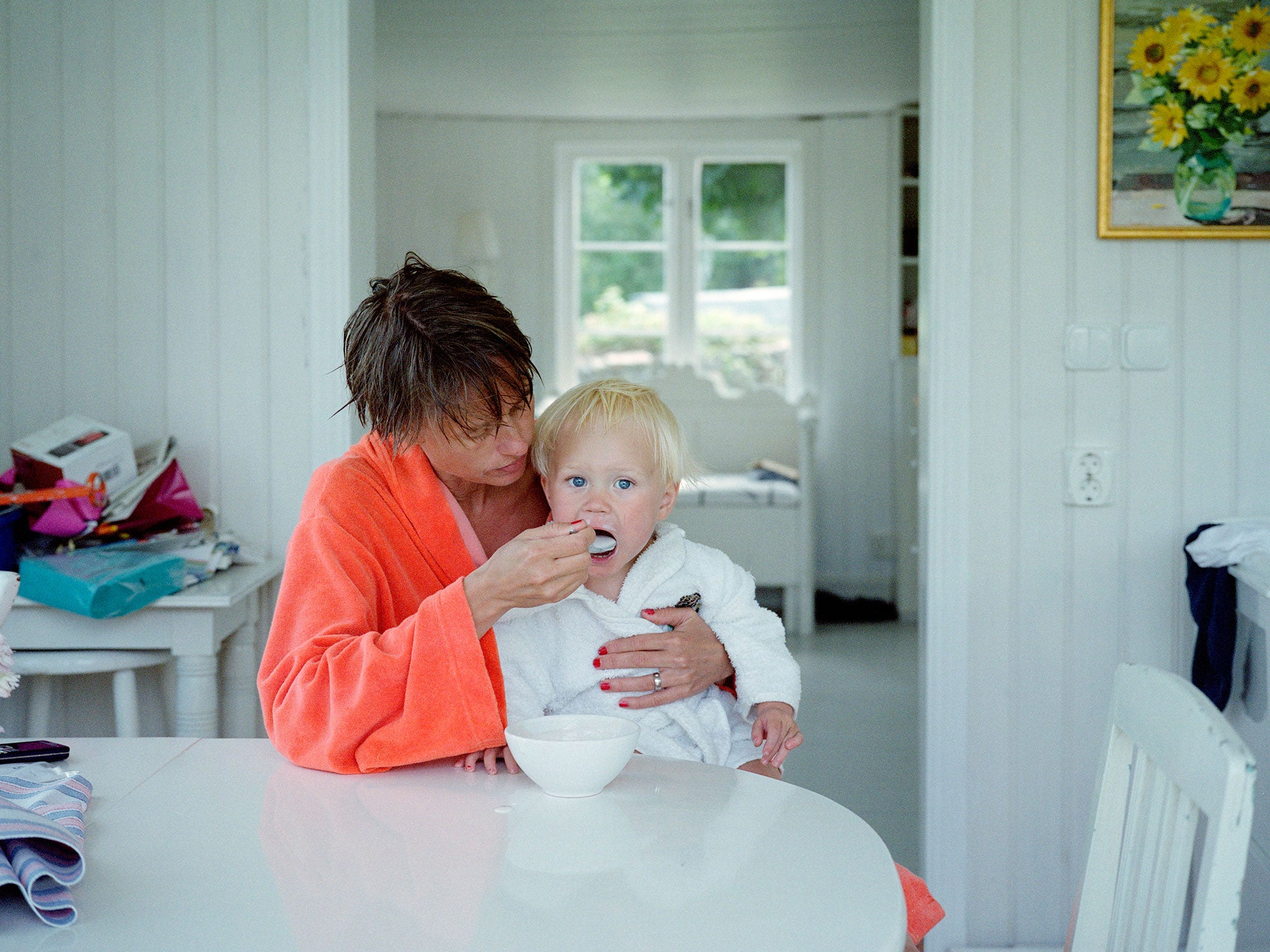Children whose parents are anxious or depressed 'more likely to become fussy eaters'
New study says the problem could begin before the children are even born

Your support helps us to tell the story
From reproductive rights to climate change to Big Tech, The Independent is on the ground when the story is developing. Whether it's investigating the financials of Elon Musk's pro-Trump PAC or producing our latest documentary, 'The A Word', which shines a light on the American women fighting for reproductive rights, we know how important it is to parse out the facts from the messaging.
At such a critical moment in US history, we need reporters on the ground. Your donation allows us to keep sending journalists to speak to both sides of the story.
The Independent is trusted by Americans across the entire political spectrum. And unlike many other quality news outlets, we choose not to lock Americans out of our reporting and analysis with paywalls. We believe quality journalism should be available to everyone, paid for by those who can afford it.
Your support makes all the difference.Children whose parents are anxious or depressed are more likely to become fussy eaters, in a problem which could begin before they are even born, according to a major new study.
Researchers discovered a clear link between the mental wellbeing of mothers and fathers and the attitudes of young children to food. Three and four year olds were at greater risk of becoming a fussy eater if their parents had suffered anxiety or depression, they found.
The refusal of children to eat certain foods, resulting in a restricted diet, causes major concerns among parents and has been linked to weight issues and behavioural problems in children, according to the study, published in the Archives of Disease in Childhood.
It was led by a team of researchers based at the Erasmus MC-University Medical Center, Rotterdam, who examined the eating habits of more than 4,700 children born in the Netherlands between 2002 and 2006 and the mental health of parents.
Parents completed questionnaires to assess their levels of anxiety and depression during mid-pregnancy and again when their child was three years old. They also reported on their children’s eating patterns at the ages of three and four. Around 30 per cent of the children were classified as fussy eaters by the age of three.
“We observed that maternal and paternal internalising problems were prospectively associated with fussy eating in pre-schoolers,“ the researchers said. “Clinicians should be aware that not only severe anxiety and depression, but also milder forms of internalising problems can affect child eating behaviour,” they stated.
A finding that symptoms of women during pregnancy predicted fussy eating in their four-year-old children, independent of whether mothers had symptoms when their child was aged three, “strongly suggests that the direction of the associations with mothers’ antenatal symptoms is from mother to child.”
In contrast, links between the anxiety of fathers with the way their children refuse foods can be explained by parenting factors, according to the researchers. “Possibly, fathers’ anxiety affects children’s fussy eating by controlling feeding practices such as pressure to eat. Such feeding practices could have counterproductive effects by contributing to negative affective reactions to food,” they said.
Join our commenting forum
Join thought-provoking conversations, follow other Independent readers and see their replies
Comments